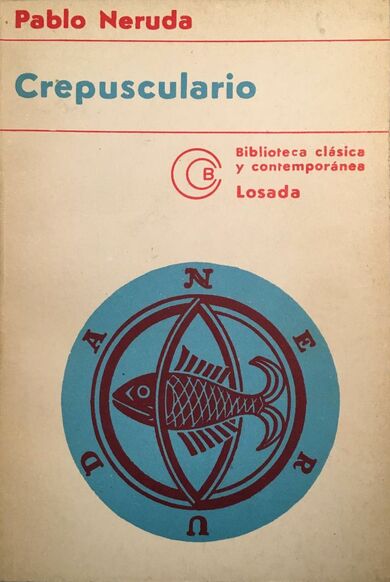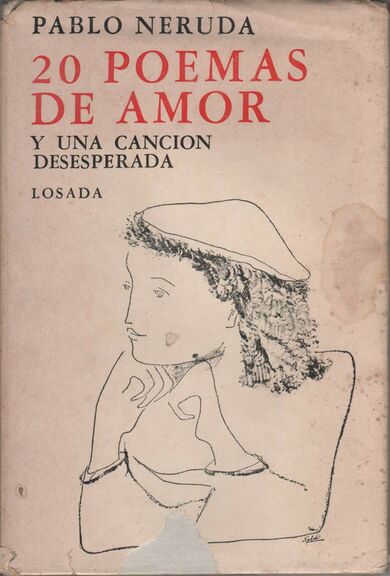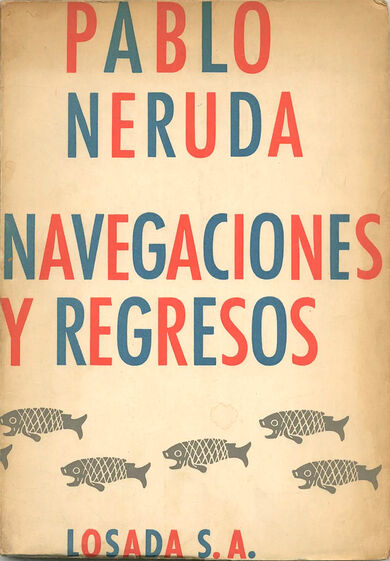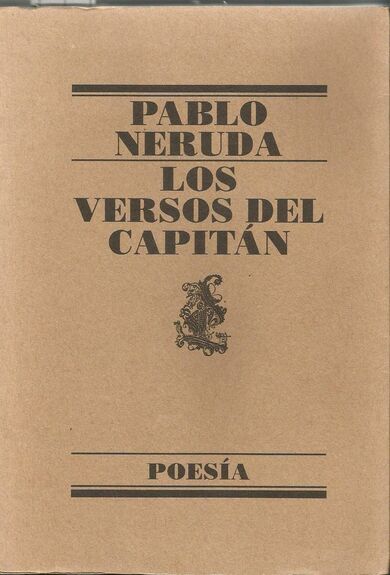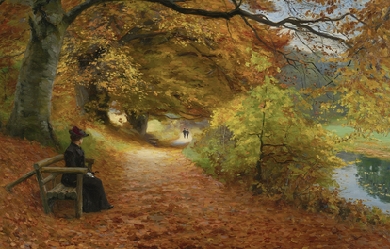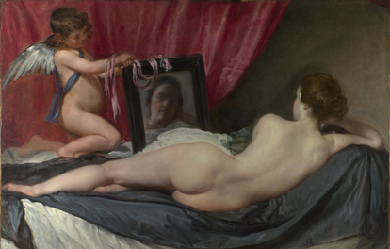To Don Asterio Alarcón, timekeeper of Valparaíso
Valparaíso has the smell
of a crazy port,
the smell of a shadow, of a star,
of moon-scale
and fish-tail.
The heart shudders
on the harrowing stairways
of the bristling hills:
grave poverty and black eyes
dance there in the fog
and the flags of the kingdom
hang from windows:
patched sheets,
old shirts,
long undershorts
and the sea sun salutes the banners
while the white clothes wave
the sailors a poor farewell.
Sea streets, windy streets
of the hard day wrapped in air and waves,
alleys that sing upward
in a spiral like snails:
the commercial afternoon is transparent,
the sun visits the merchandise
in order to sell the warehouse smiles,
showing windows and sets of teeth,
shoes and thermometers, bottles
that hold a green night,
unreachable suits, golden clothes,
awful socks, mild cheeses,
and so I come to the point
of this ode.
There is a shop window
with its glass
and inside,
between timepieces,
the clockmaker don Asterio Alarcón.
The street boils and turns
burns and batters,
but behind the glass
the clockmaker,
the old curator of timepieces
stands immobile,
with a protruding eye,
an extravagant eye
which guesses the enigma,
the cardiac arrest of the clocks
and scrutinizes with one eye
until the obscure butterfly
of timekeeping
alights on his brow
and the hands of the clock move.
Don Asterio Alarcón is the ancient
hero of minutes
and the boat sails on the wave
measured by his hands
that add
responsibility to the minute hand,
neatness to the beat:
Don Asterio in his aquarium
watched over the sea clocks,
oiled with patience
the blue heart of the seascape.
For fifty years,
or eighteen thousand days,
the river of children and men and women
flowed by
up the shabby hills or down to the sea,
while the clockmaker,
amidst clocks,
stopped in time,
softened like a pure vessel
against the eternity of the current,
his timbers appeased,
and little by little the wise man
emerged from the artisan
working
with magnifying glass and oil
cleansed of envy, fear discarded,
fulfilled his job and destiny,
until time itself
in its fearsome passage
made a pact with him, with don Asterio,
and he awaits his hour.
So when I pass by
the frantic street,
the black river of Valparaíso,
I only hear one sound
among the sounds,
among so many clocks one only:
the exhausted, gentle, murmuring
and ancient movement
of a great pure heart:
the distinguished and humble
tick-tock of Don Asterio.
Translation by Richard Gwyn


